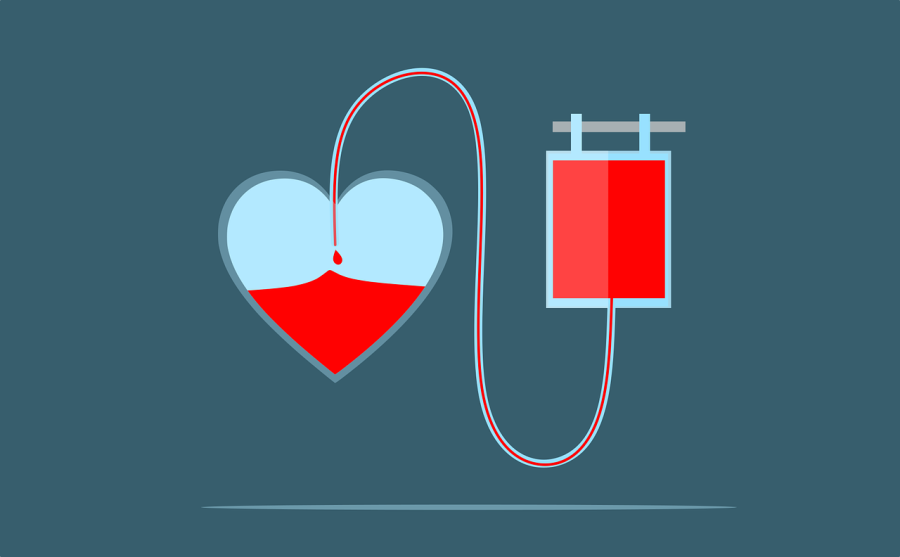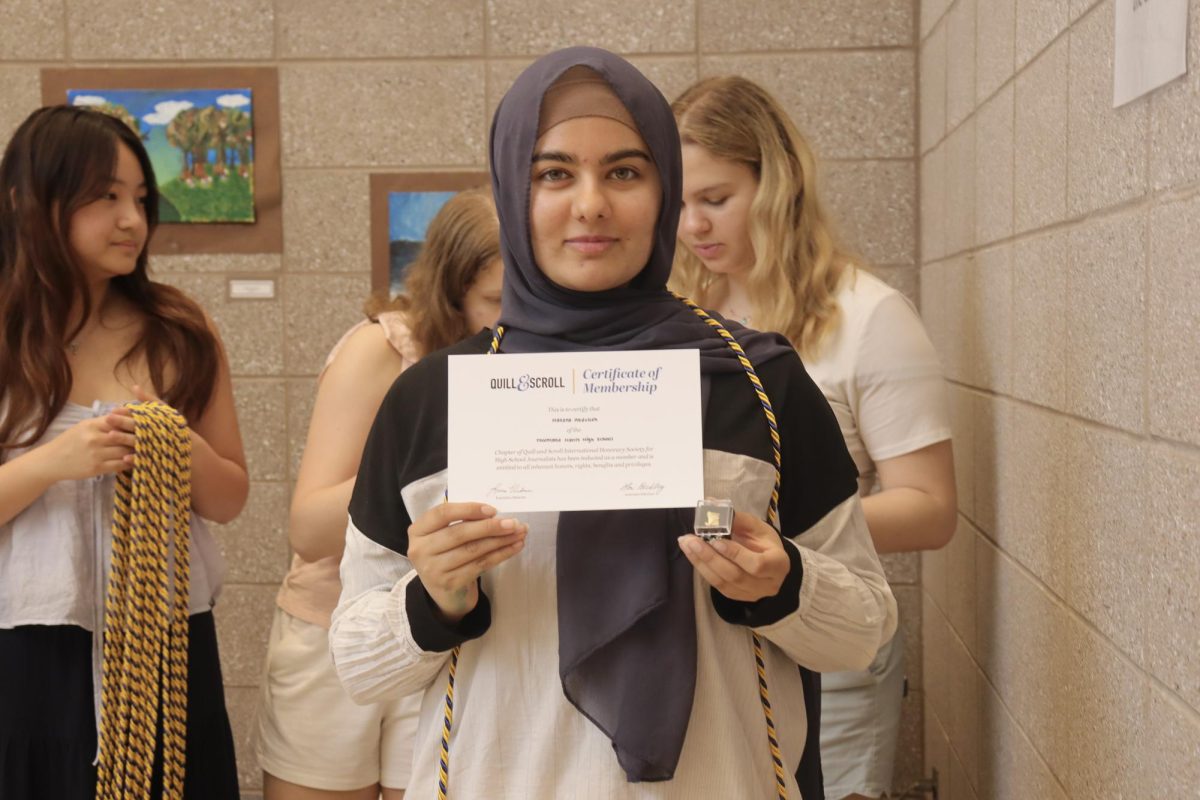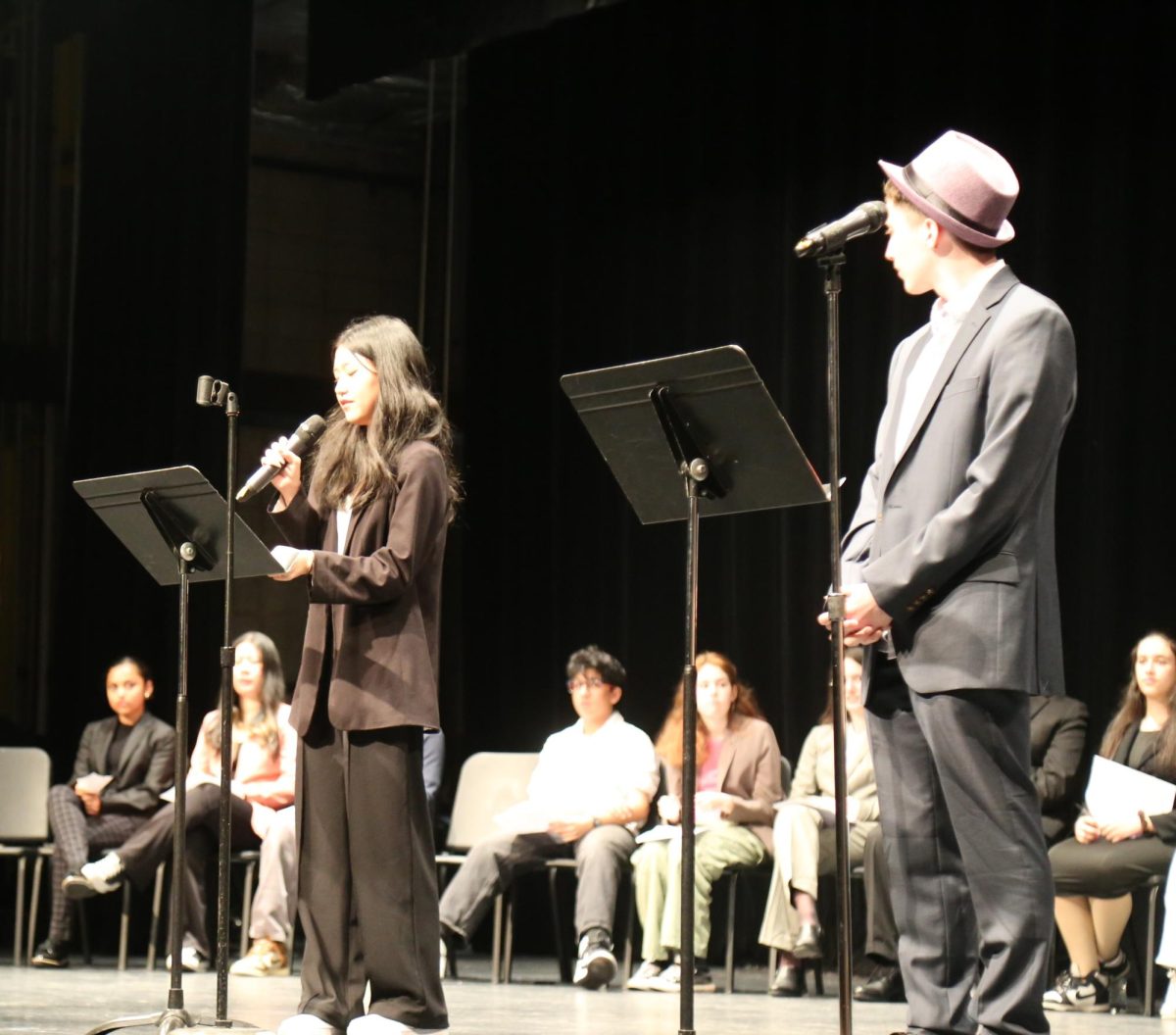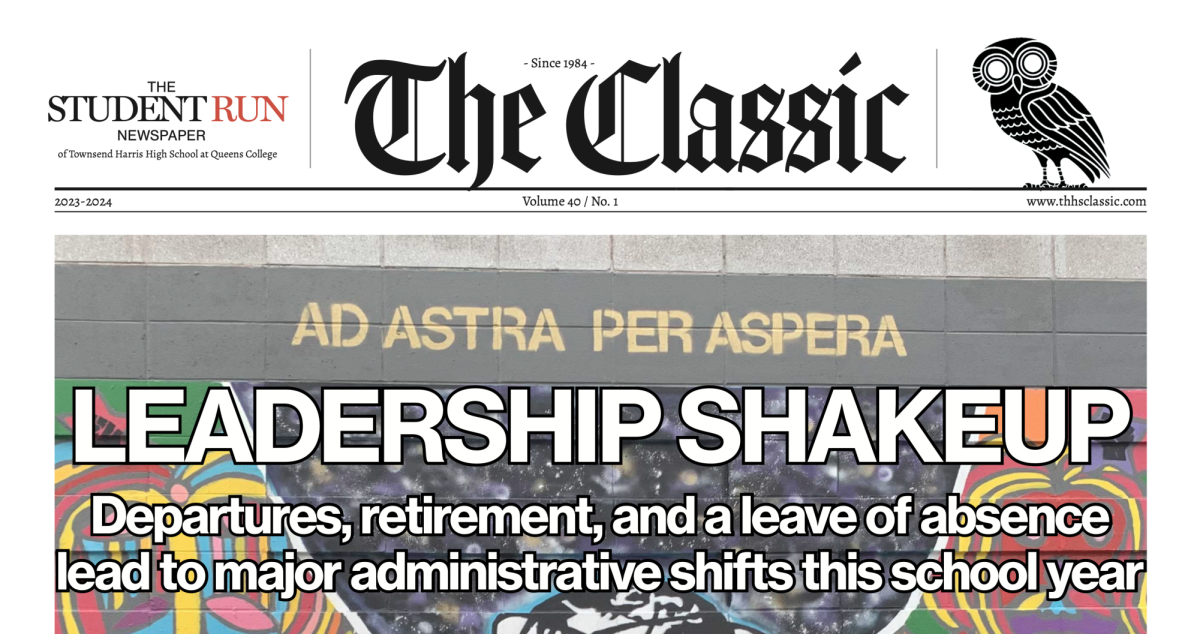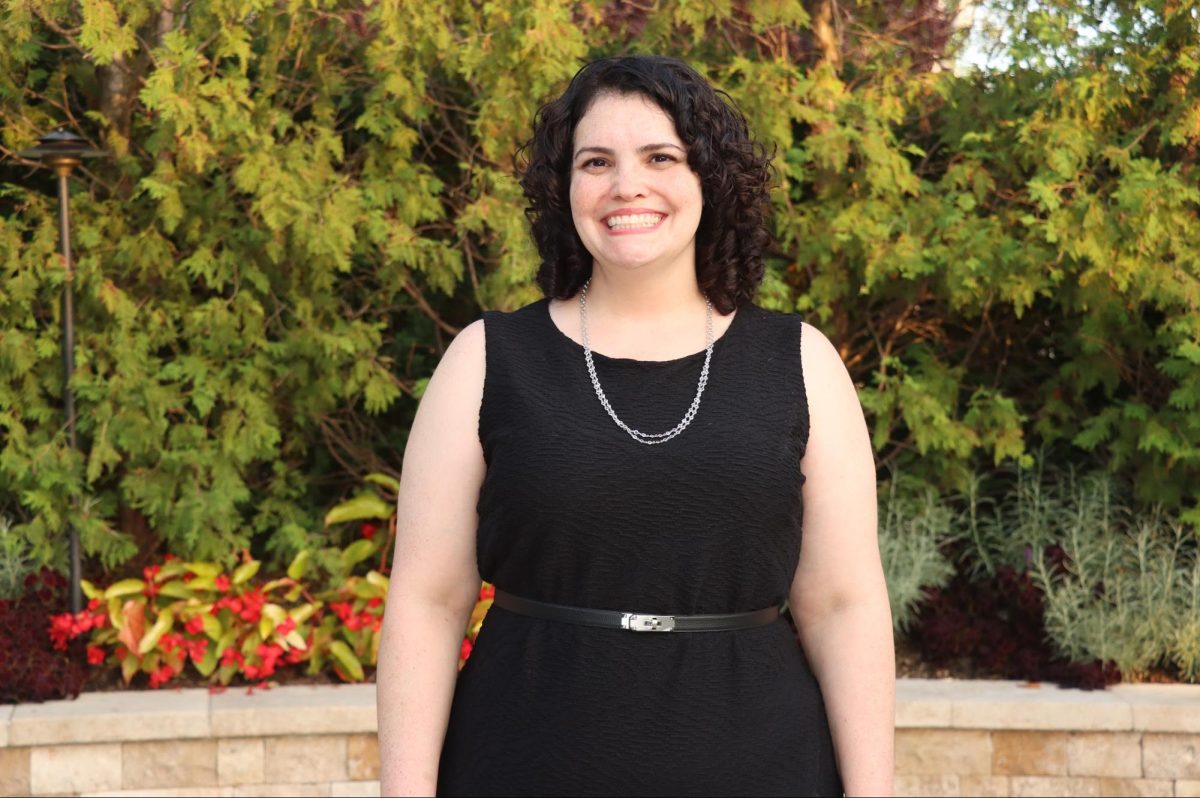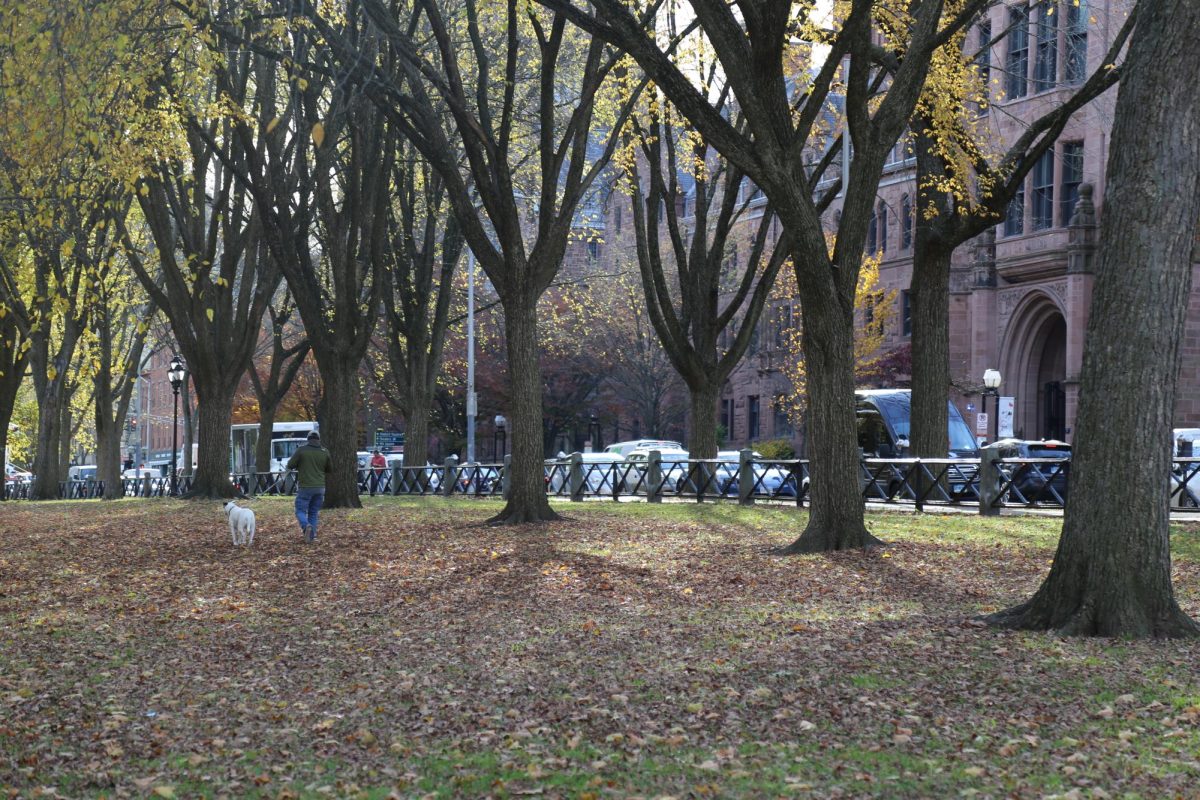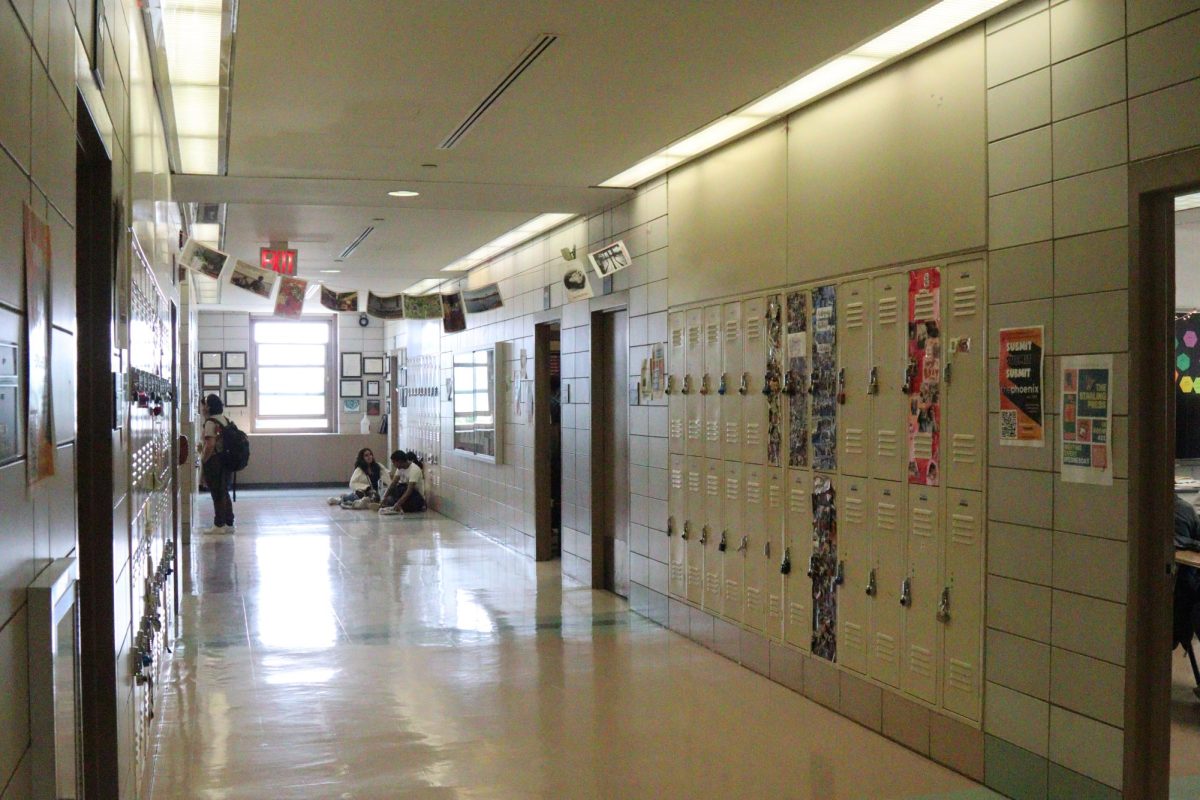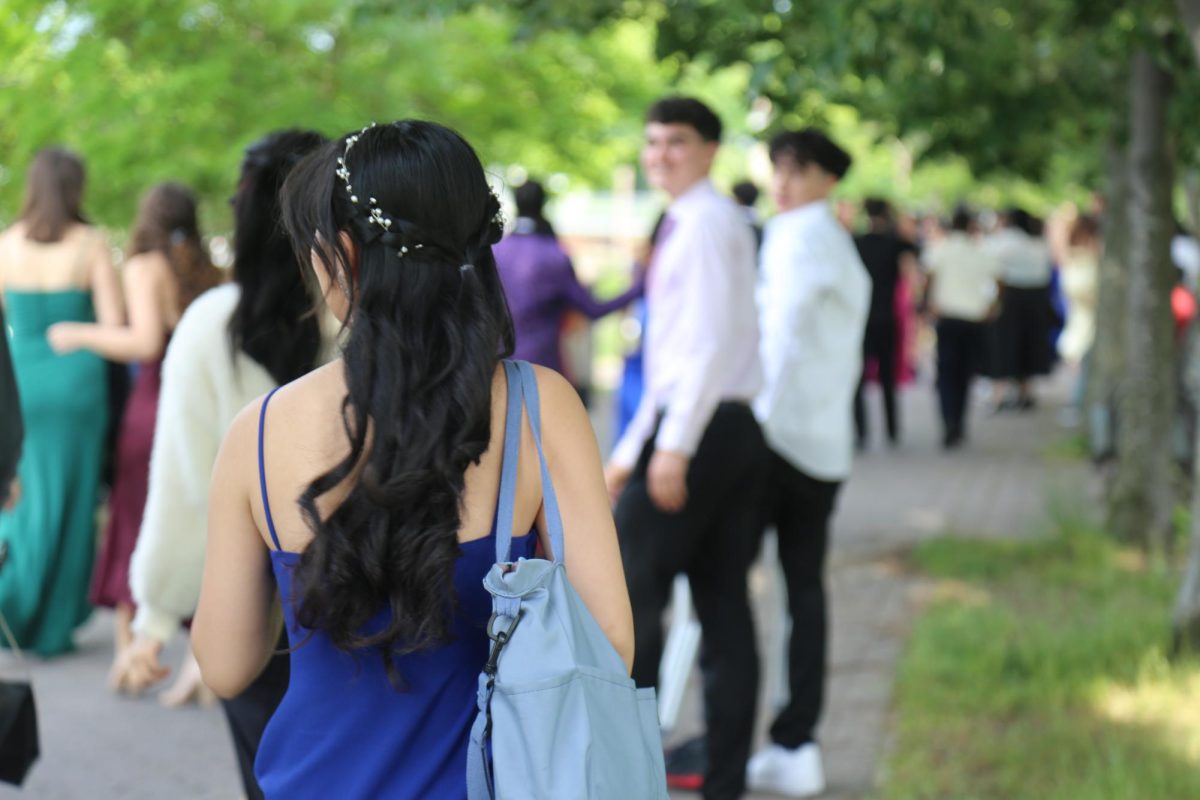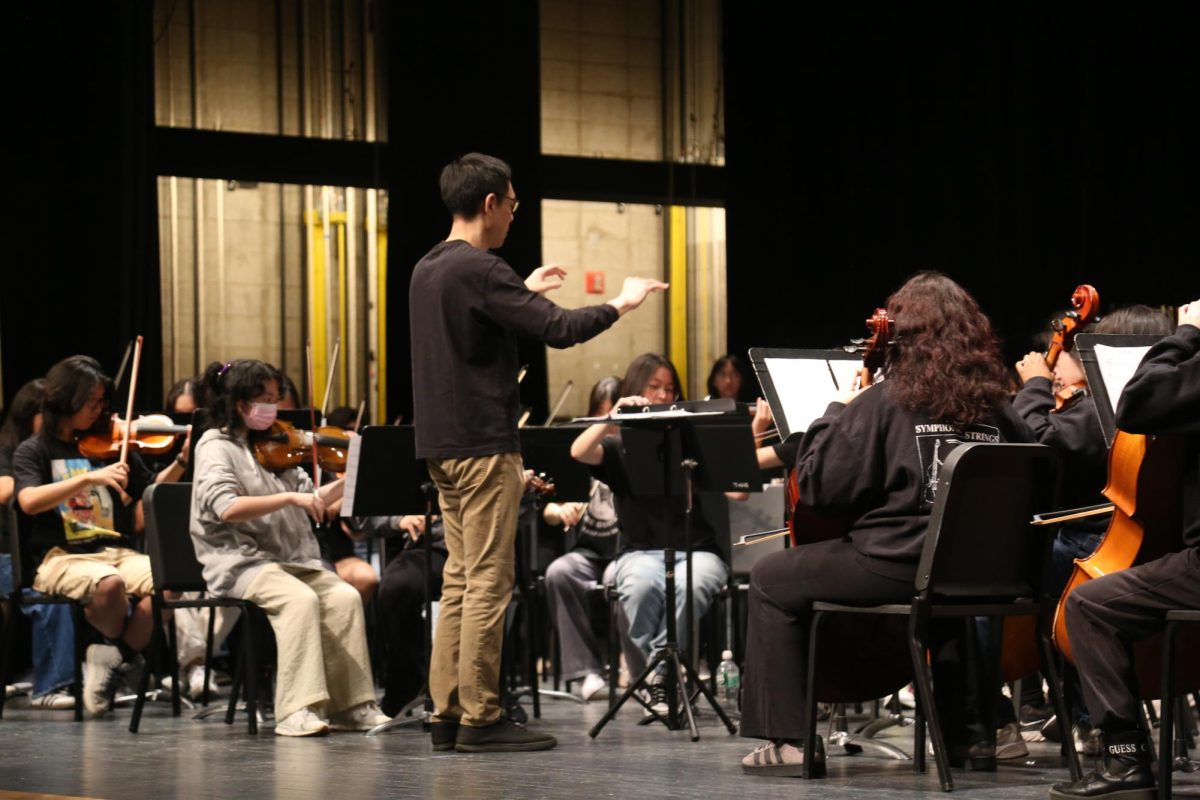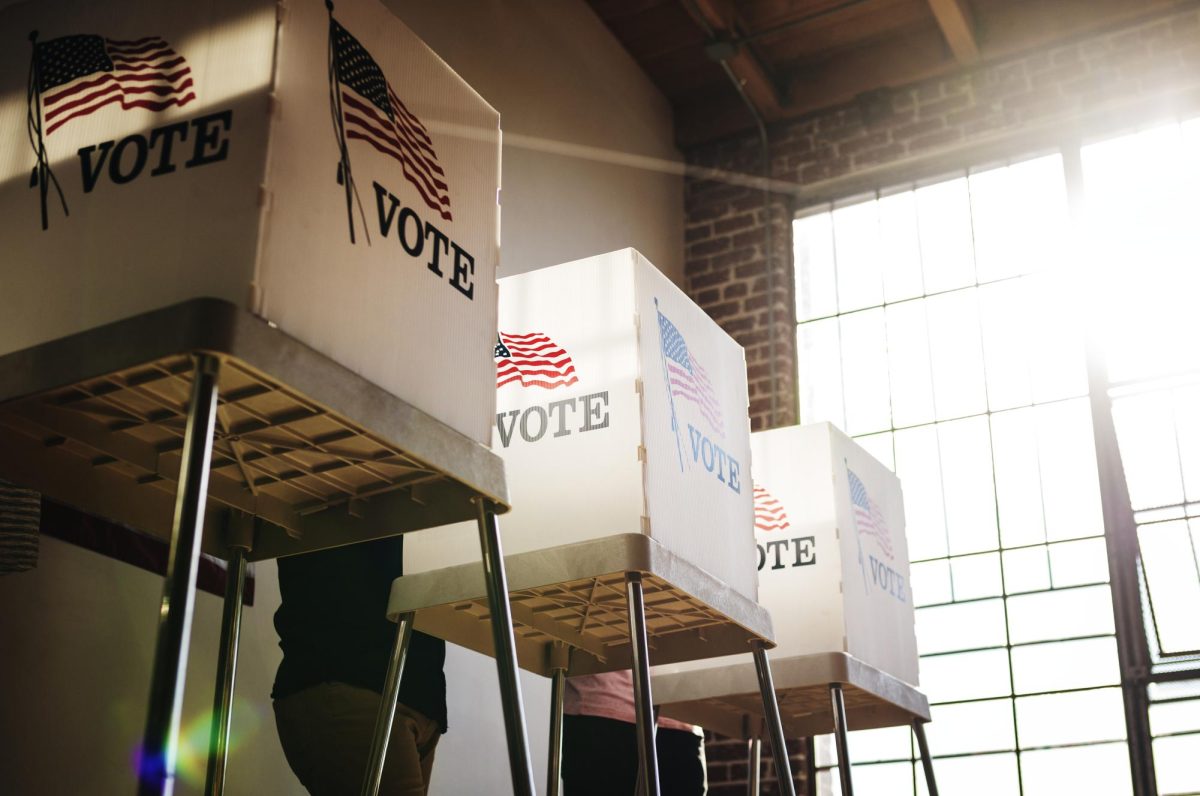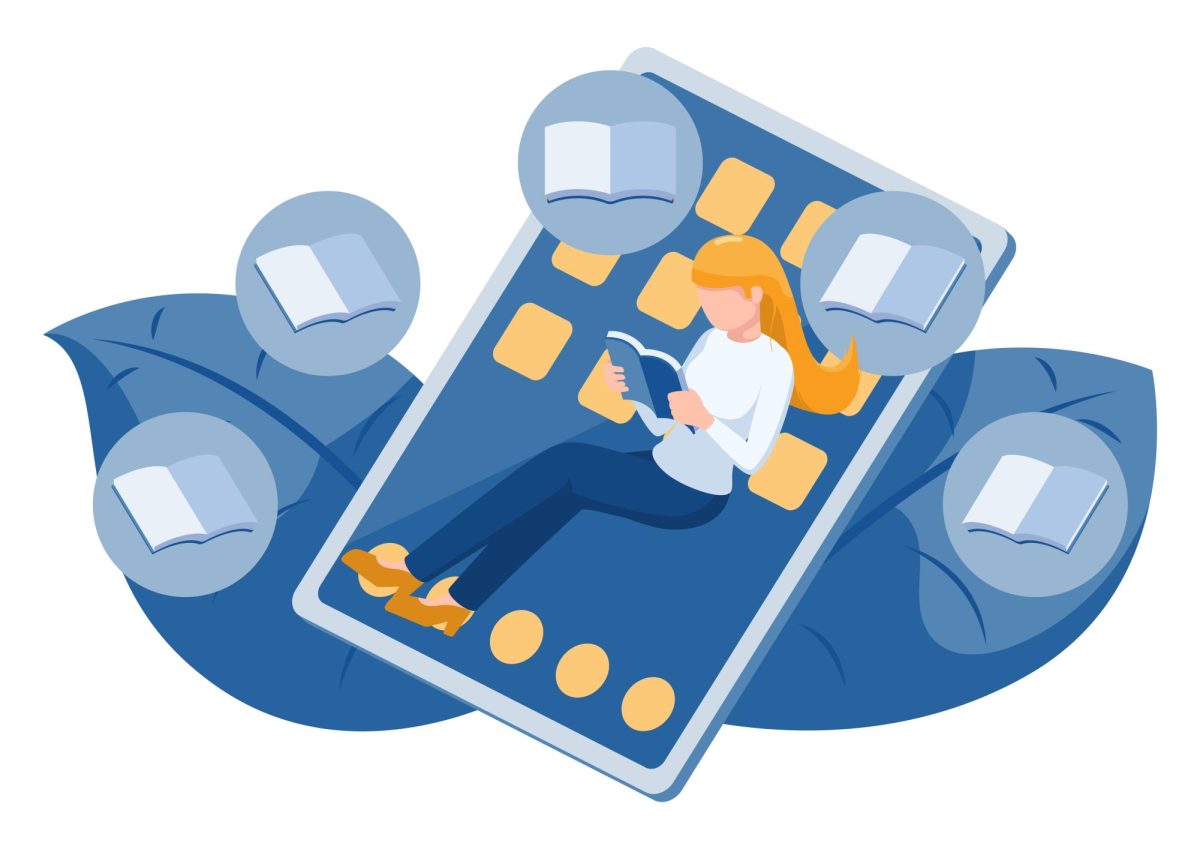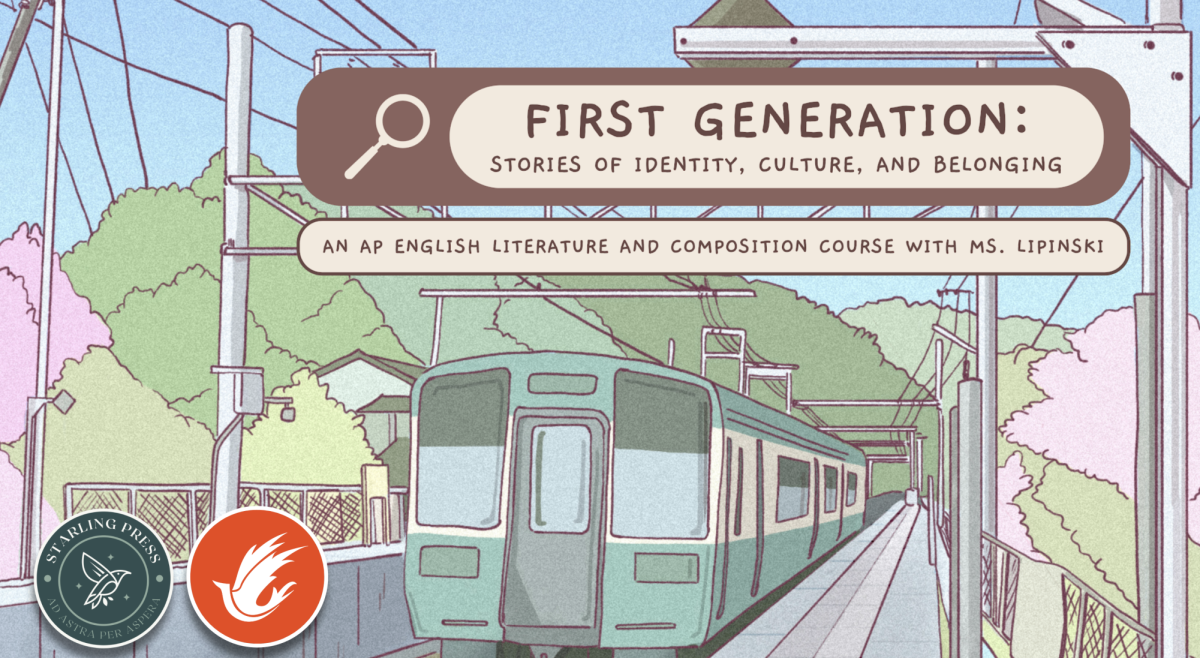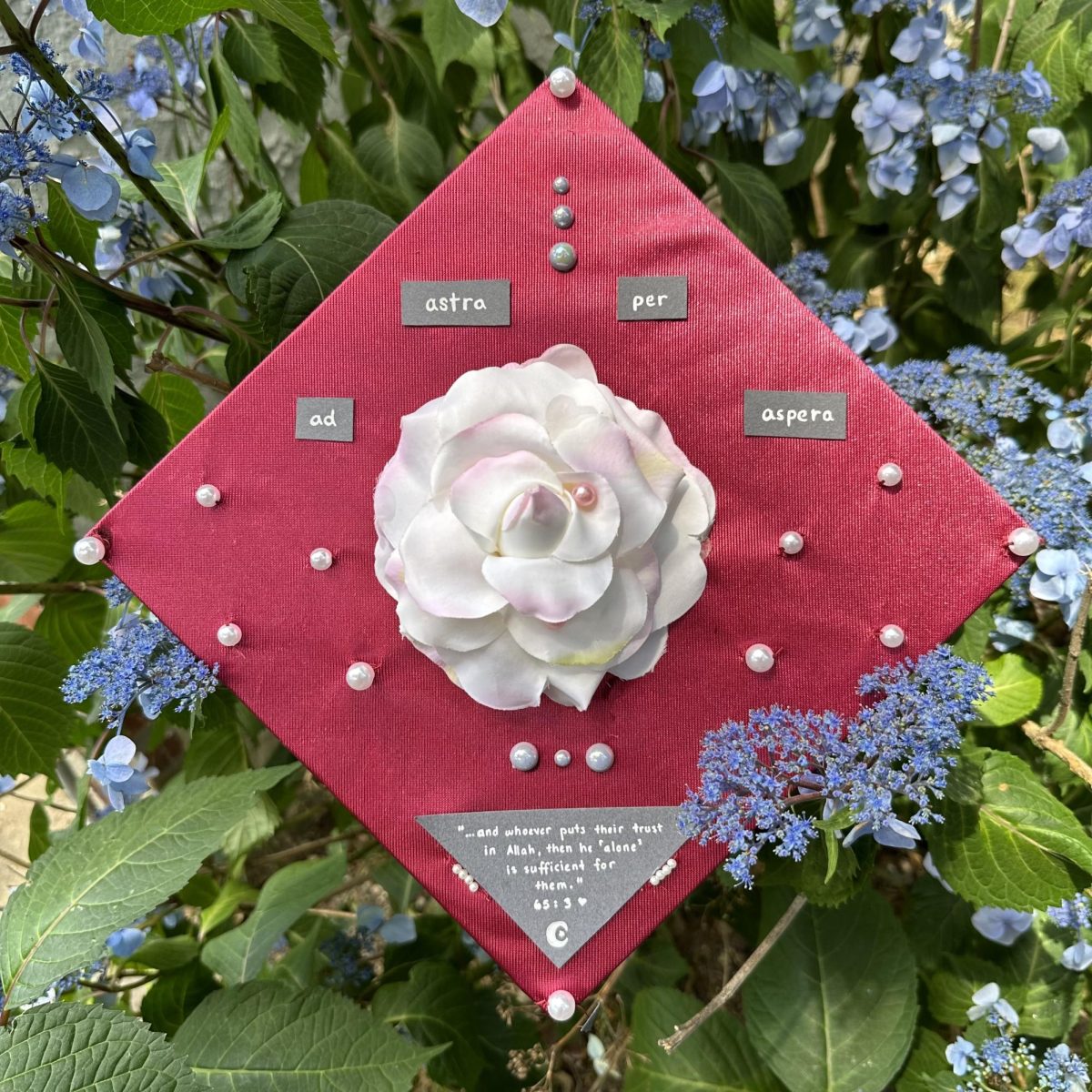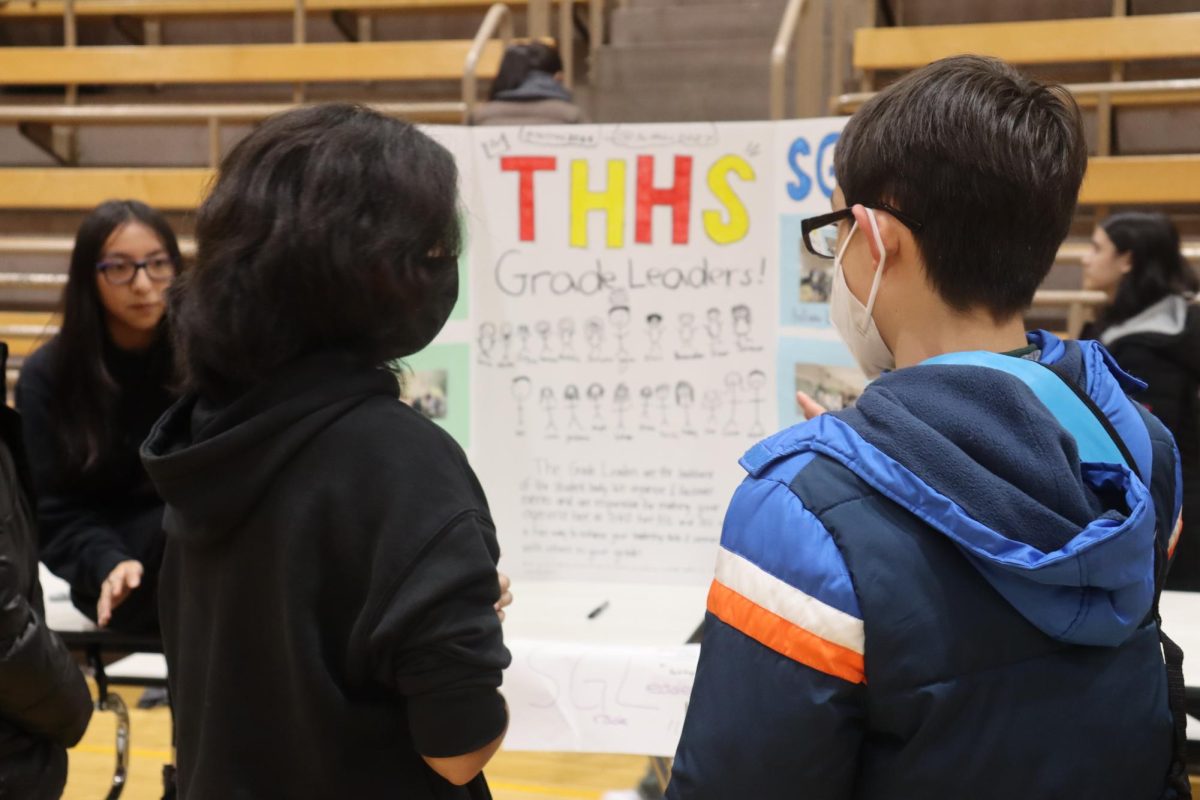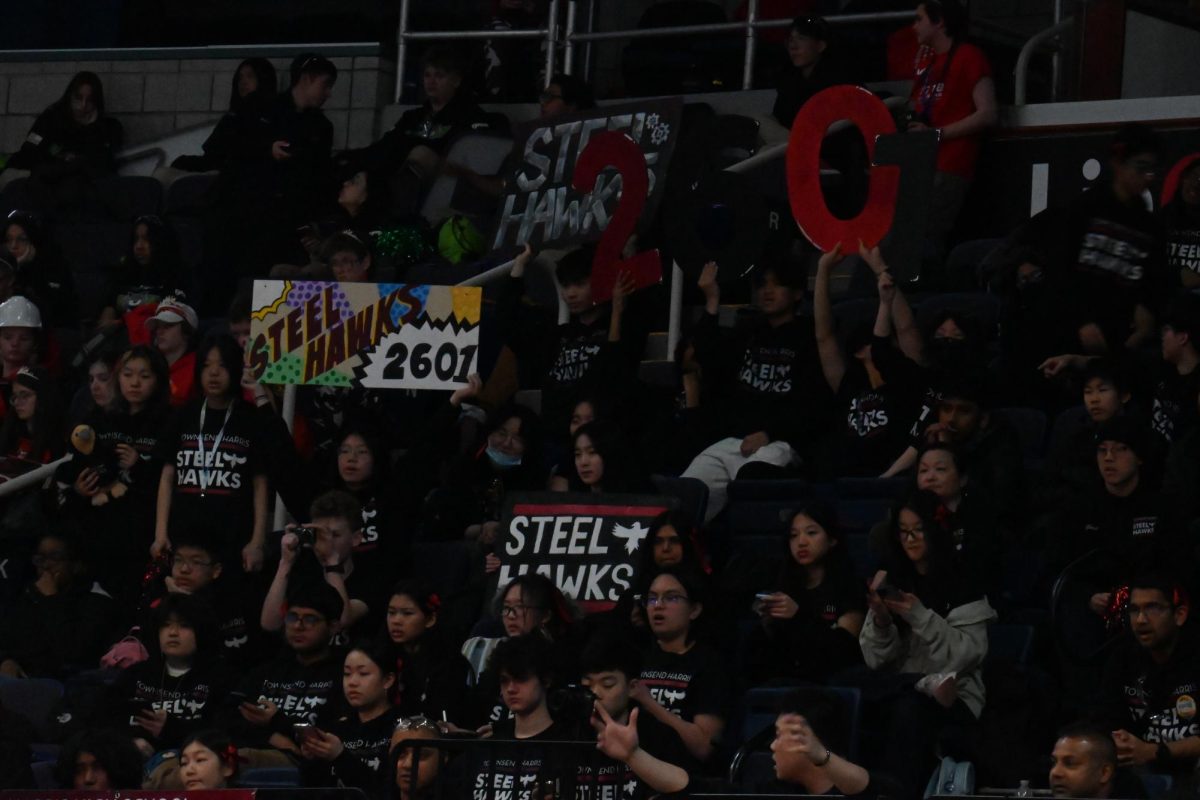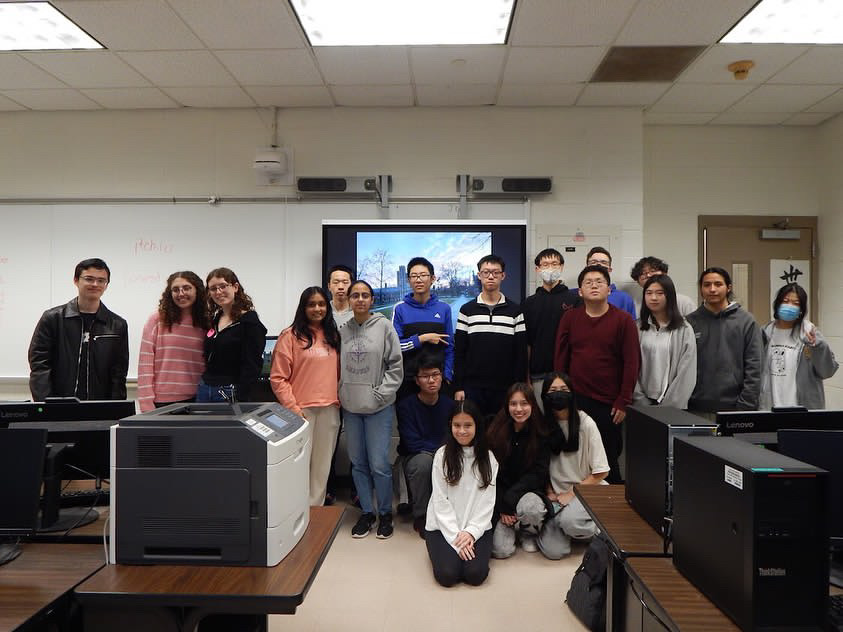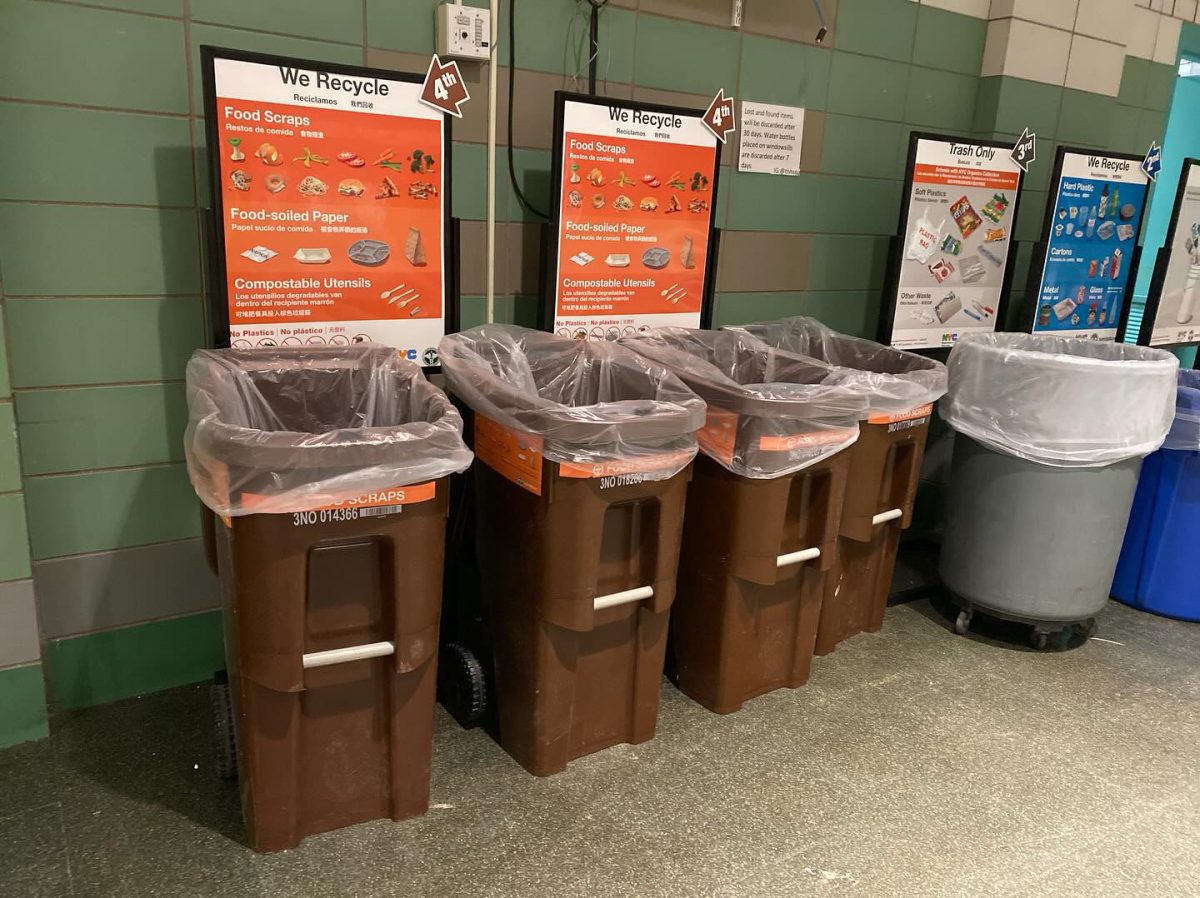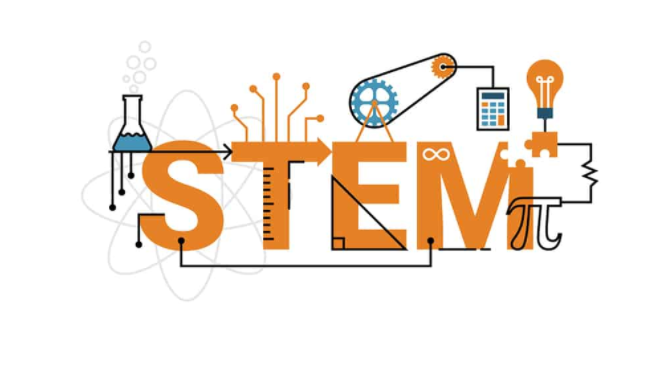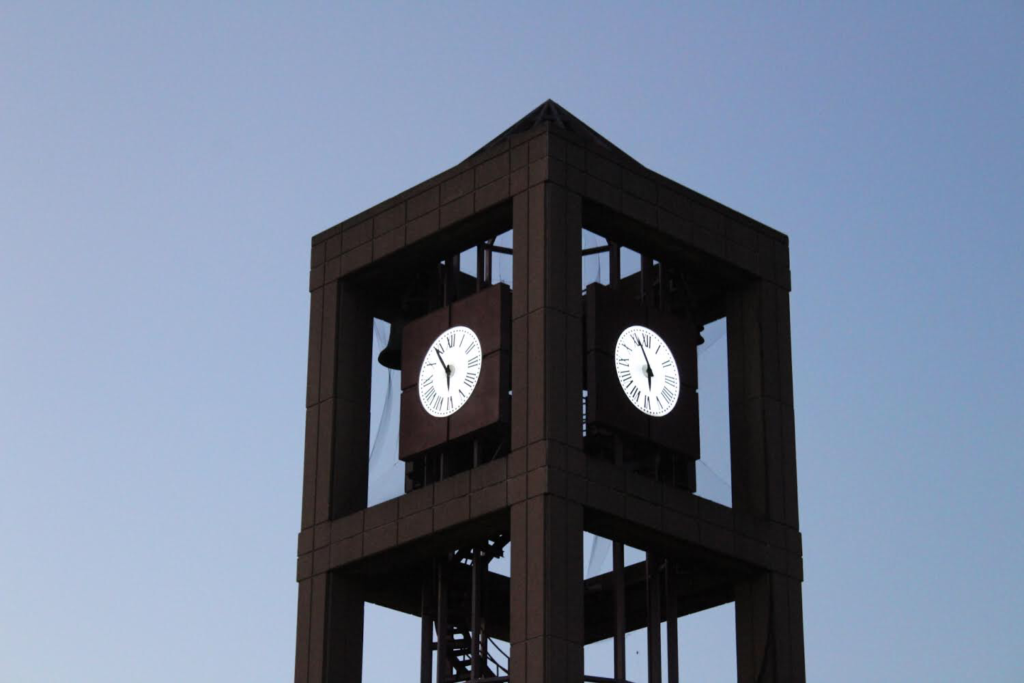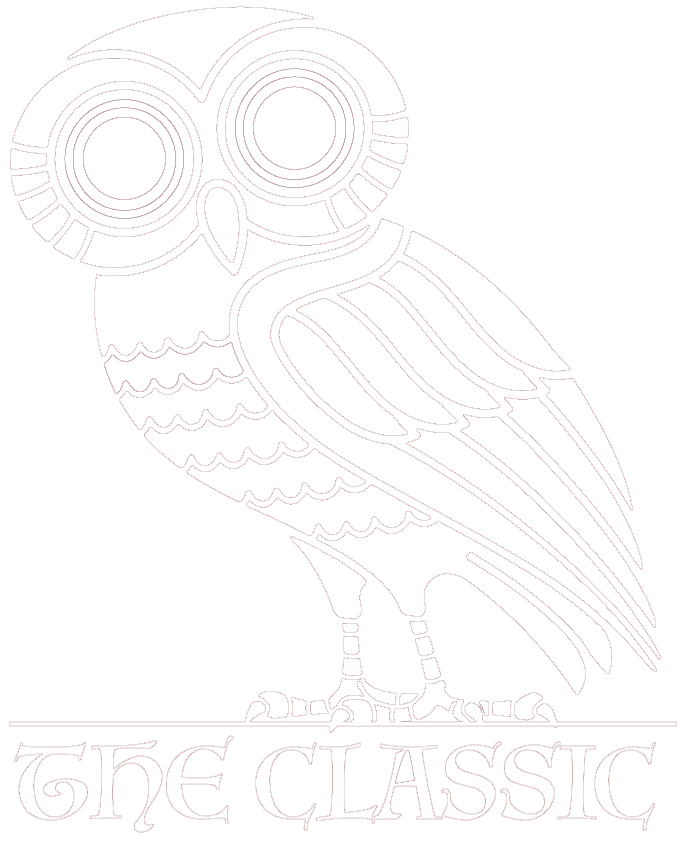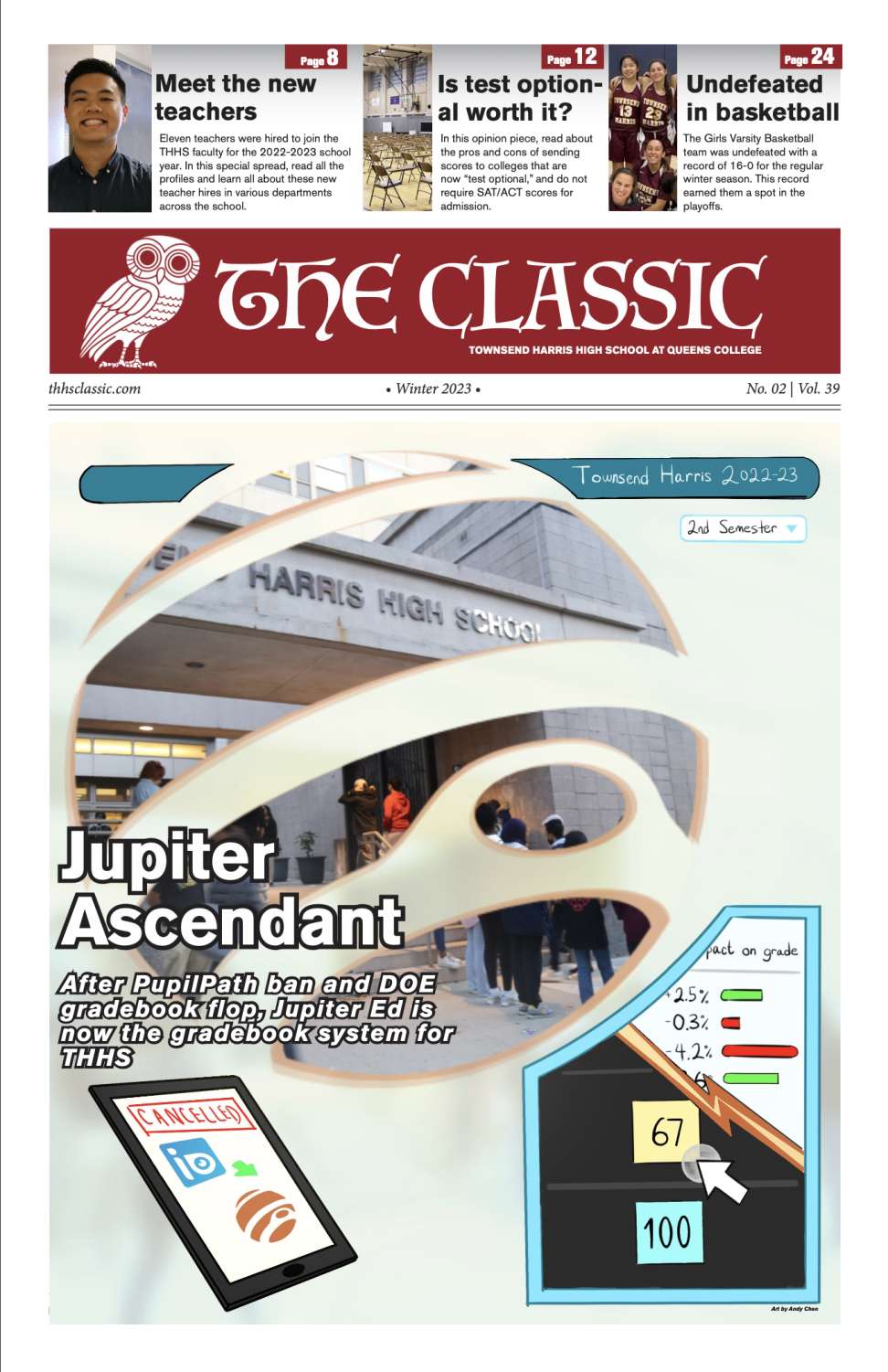
This fall, students entered the halls of Townsend Harris brimming with both nervous and enthusiastic energy for their newly restored in-person classes and extracurriculars. Despite being commonly known for its intensive humanities curriculum, among the returning students were members of Townsend Harris’s active clusters of STEM enthusiasts.
Even with such a diverse range of STEM clubs and class offerings such as Anatomy and Physiology and AP Computer science, many Harrisites may find that they long for more— they need to see their curriculum come alive outside of the classroom and school lab.
The Student Union (SU) compiles a list of various STEM opportunities in their annual guide for extracurricular activities, programs, and internships, but it never hurts to search beyond the SU’s list and our school community for ways to participate in STEM programs.
When researching programs that require applications, the best practice is to keep an open mind and cast a wide net: Apply to a variety of programs early on, and always ready yourself for rejections. That being said, don’t be afraid to aim high and convey your passion for programs which truly speak to you— even if they seem selective. You don’t know if you will end up building robots to further your interests in engineering, or attending a lecture series about oncologists who study cancers you’ve never heard of before— and find their work unexpectedly enticing.
Here are nine additional STEM opportunities to look into:
SCIENCE
Biobus Junior Scientist High School Internship
Description: This program provides local high school students (grades 9th to 11th) with an opportunity to be mentored by experienced scientists in conducting and presenting an independent research project. In addition to this, interns are expected to take on the role of mentors working as assistant instructors in BioBus courses offered to middle school students.
Type: Research, Teaching and Tutoring
Format and Location: In-person, at the BioBase Harlem laboratory at Columbia University
Timeline: Over the academic year or during the summer, Mondays or Tuesdays from 4:00-6:00pm
When to Apply: Applications open January 2022
Cost: None, participants are paid by the hour
Link: Program Website
Summer Neuroscience Program (SNP) at The Rockefeller University
Description: This program invites NYC public-school students to attend neuroscience lectures and discuss both existing scientific literature and current research in the field. Students are also guided in creating plans for a neuroscience experiment and dissecting a brain— all in the span of two weeks.
Type: Lectures and Learning
Format and Location: In-person, at The Rockefeller University
Timeline: Summer 2022, in-person with vaccination requirement (due to change)
When to Apply: Applications open January 2022
Cost: None
Link: Program Website
Army Educational Outreach Program – High School Apprenticeships
Description: This program provides high school students with the opportunity to apply for the opportunity to be mentored by one of the research scientists or laboratories listed here by the US Army. This year’s local opportunities include a project about animal mucous secretions based in the City University of New York Advanced Science Research Center and a quantum programming and materials science project conducted at New York University.
Type: Research
Format and Location: In-person, hours and dates vary based on mentor
Timeline: Summer, 5-8 weeks and at least 200 hours
When to Apply: Applications close February 28, 2022
Cost: None, participants earn a stipend
Link: Program Website
State Pre-College Enrichment Program (S-PREP) at Columbia University
Description: This program invites students (grades 7th to 12th) from economically disadvantaged or historically underrepresented backgrounds to further their interest in science or medicine through taking classes in topics such as Organic Chemistry, Brain and Cognitive Science, and Calculus and Statistics. Attending S-PREP also allows students to partake in SAT and PSAT prep, advising and workshops which pertain to college preparation, along with exclusive invitations to apply to the BRAINYAC and HICCC CURE research programs.
Type: Lectures & Learning
Format and Location: Virtual
Timeline: Summer or Academic School Year
When to Apply: Check the program website for updates.
Cost: None
Link: Program website
Garcia Summer Scholars Program
Description: This program is held over the summer at the Garcia Center for Polymers at Engineered Interfaces at Stony Brook University. Students work in groups with mentors to conduct and present materials science research for a symposium that culminates the experience. The program typically takes place at Stony Brook University, but its format
Type: Research, Lectures & Learning
Format and Location: Check website for updates
Timeline: Monday to Friday, 7 weeks in the summer
When to Apply: Check website for updates
Cost: $2500 lab usage fee
Links: Website
TECHNOLOGY
Devpost (Online Hackathons)
Description: This is an online database used to search through various ongoing hackathons— which are contests held for students interested in computer science and programming to create themed projects such as apps or websites over a limited period of time. Hackathons may focus on anything from climate justice and artificial intelligence to the creative applications of very specialized programming languages.
When searching for Devpost hackathons to enter, be sure to verify that you are able to adhere to age requirements for participation and other guidelines included in each event listing.
Type: Contests and Competitions, Freely accessible online resource or database
Timeline: Hackathons are held year round with varying timelines
Cost: None, monetary prizes are available for select competitions
Kaggle
Description: Access data science and machine tutorials, resources, and discussion boards to help you learn how to apply data science and machine learning principles. Participants can engage in online competitions surrounding the classification, prediction, and analysis of various public datasets. This may include anything from creating a model to predict the likelihood of heart failure to classifying cat meows.
Type: Contests and Competitions, Freely accessible online resource or database
Timeline: Competitions are held year round with varying timelines
Cost: None, participants receive medals for placing in competitions or for contributing popular code snippets and discussion topics.
Cornell Video on Demand, MIT OpenCourseWare, and edX.org
Description: These sites are perfect resources for the self-motivated at Townsend Harris to explore, among other topics, programming languages and principles which are not covered by Townsend Harris’s course offerings. This can include Python, genomic data science, and much more.
These sites house archives of free lectures, research poster sessions, and course materials (this includes free homework!) from Cornell University and The Massachusetts Institute of Technology and give students the opportunity to audit college-level material for free.
Type: Freely accessible online resource or database
Cost: None, even most of the premium courses on eDx.org can be audited for free
Links: To start your search off: the Video on Demand series for CS 1110, MIT OpenCourseWare, and another basic Python course from eDx.org
Kode with Klossy
Description: This program is open to female or non-binary students interested in learning to build an app in Swift, learning the basics of data science, or creating a website in HTML to generate a finished project by the end of the program. Students do not need prior experience in programming.
Type: Lectures and Learning
Timeline: Two weeks, Monday-Friday, 9AM – 3PM in the Summer
When to Apply: Check website or subscribe to newsletter for updates on application deadlines
Cost: None
Link: Program Website
Stay tuned for our upcoming list about opportunities to get involved in engineering, medicine, and math.

